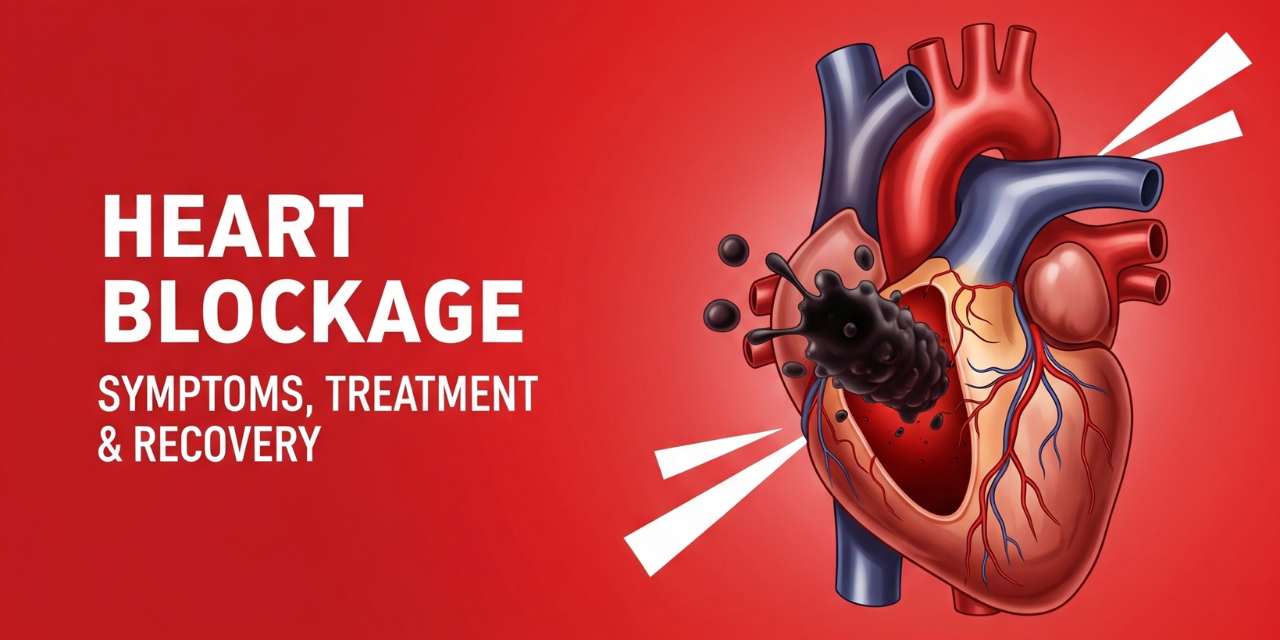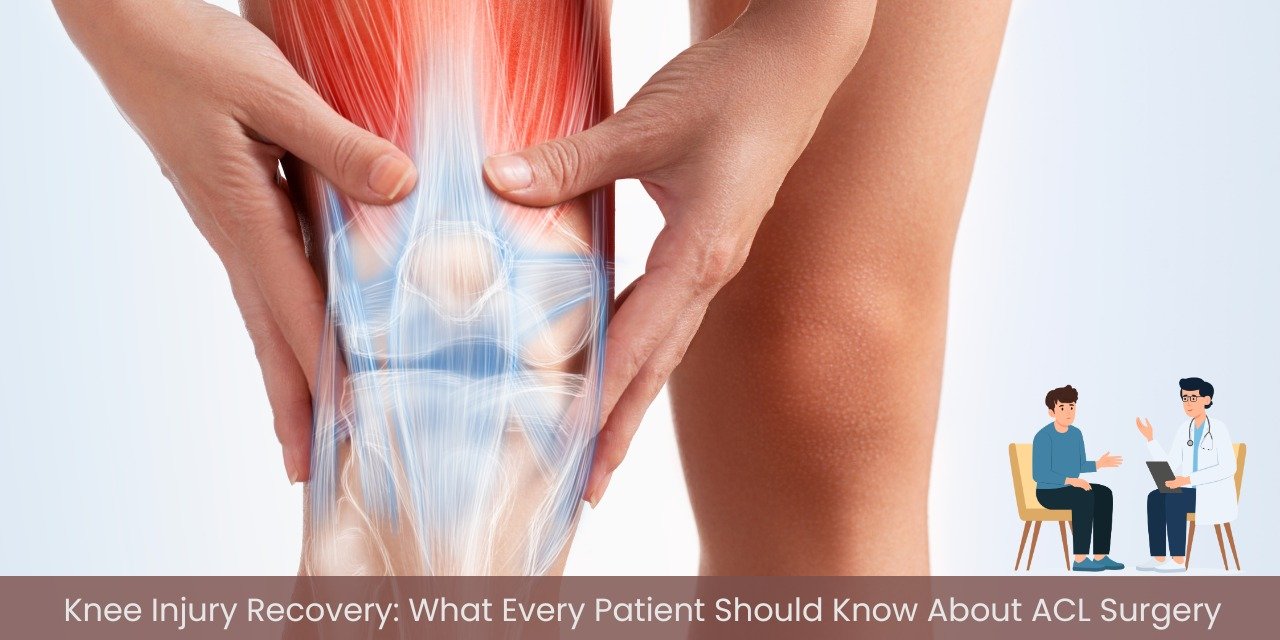Cardiac surgery has come a long way from its traditional methods, evolving to offer less invasive and more patient-friendly options. Minimally invasive cardiac surgery (MICS) represents a significant advancement in the field of heart health, providing numerous benefits over traditional open-heart procedures. This article explores the advantages of minimally invasive cardiac surgery, helping patients understand why it might be the right choice for their heart health needs.
What is Minimally Invasive Cardiac Surgery?
Minimally invasive cardiac surgery is a type of heart surgery performed through smaller incisions compared to traditional open-heart surgery. Instead of making a large incision in the chest, surgeons use small incisions and specialized instruments to access the heart. This technique often employs endoscopic cameras to guide the surgery, allowing for precision and reduced impact on surrounding tissues.
Benefits of Minimally Invasive Cardiac Surgery
- Reduced Recovery Time
One of the most significant benefits of minimally invasive cardiac surgery is the reduced recovery time. Because the incisions are smaller and less disruptive to the body, patients generally experience less pain and recover more quickly than with traditional open-heart surgery. Many patients can return to their normal activities within a few weeks, whereas traditional surgery might require a recovery period of several months.
- Less Postoperative Pain
The smaller incisions used in minimally invasive cardiac surgery typically result in less postoperative pain. This reduced pain often translates to fewer pain medications and a more comfortable recovery experience. The minimized trauma to the chest wall and surrounding tissues contributes to a quicker and more manageable postoperative period.
- Lower Risk of Infection
Smaller incisions mean that there is less exposure of the internal organs to external bacteria, which reduces the risk of surgical site infections. This is particularly important for patients with compromised immune systems or those at higher risk of infection. A lower risk of infection contributes to a smoother recovery and better overall outcomes.
- Reduced Scarring
Minimally invasive techniques generally result in smaller, less noticeable scars compared to the large incisions required for traditional open-heart surgery. For many patients, the cosmetic benefit of minimal scarring is an important consideration, contributing to a more positive psychological and emotional recovery.
- Shorter Hospital Stay
Patients undergoing minimally invasive cardiac surgery often experience a shorter hospital stay compared to those who have traditional open-heart surgery. The quicker recovery time and reduced complications contribute to a faster discharge from the hospital, allowing patients to return to the comfort of their homes sooner.
- Improved Outcomes
Studies have shown that minimally invasive cardiac surgery can lead to improved outcomes, including lower rates of postoperative complications and better long-term results. The precision of the minimally invasive approach helps reduce the risk of complications such as arrhythmias or heart failure.
- Enhanced Precision and Reduced Trauma
The use of advanced imaging technology and specialized instruments in minimally invasive cardiac surgery allows for enhanced precision. Surgeons can perform complex procedures with less trauma to surrounding tissues, which helps preserve the integrity of the heart and improves overall surgical outcomes.
Who is a Candidate for Minimally Invasive Cardiac Surgery?
Minimally invasive cardiac surgery is not suitable for every patient. Factors such as the type of heart condition, overall health, and the patient’s anatomy play a role in determining eligibility. Common conditions treated with minimally invasive techniques include:
- Coronary artery disease
- Mitral valve repair or replacement
- Aortic valve replacement
- Certain congenital heart defects
Your cardiologist or cardiac surgeon will evaluate your specific case to determine if minimally invasive surgery is appropriate for you.
The Role of the Cardiac Surgeon
A skilled and experienced cardiac surgeon plays a crucial role in the success of minimally invasive cardiac surgery. Surgeons must be well-versed in the latest techniques and technologies to ensure optimal outcomes. If you’re considering this type of surgery, it is important to choose a qualified surgeon with expertise in minimally invasive procedures.
Frequently Asked Questions
👉 What are the common heart conditions treated with minimally invasive cardiac surgery?
Common heart conditions treated with minimally invasive cardiac surgery include coronary artery disease, mitral valve repair or replacement, aortic valve replacement, and certain congenital heart defects. These conditions can often be managed effectively with the less invasive techniques offered in this surgical approach.
👉 How long does it take to recover from minimally invasive cardiac surgery?
Recovery time after minimally invasive cardiac surgery is generally shorter compared to traditional open-heart surgery. Most patients can expect to return to their normal activities within a few weeks, although individual recovery times may vary based on the complexity of the procedure and overall health.
👉 Are there any risks associated with minimally invasive cardiac surgery?
While minimally invasive cardiac surgery has fewer risks than traditional open-heart surgery, it is not without potential complications. Risks may include bleeding, infection, or issues related to anesthesia. However, the overall risk is lower compared to more invasive procedures. Your surgeon will discuss any potential risks based on your specific condition.
👉 How do I prepare for minimally invasive cardiac surgery?
Preparing for minimally invasive cardiac surgery involves several steps, including preoperative testing, such as blood tests and imaging studies, and following specific instructions from your surgeon. You may need to adjust medications, follow dietary guidelines, and arrange for post-surgery support. Your healthcare team will provide detailed instructions to ensure a smooth preparation process.
👉 How do I find a skilled cardiac surgeon in Chandigarh?
To find a skilled cardiac surgeon in Chandigarh, look for hospitals or clinics known for their expertise in heart care, such as Neelam Hospital Rajpura. Consult with your primary care physician for recommendations and review the credentials and experience of potential surgeons. Dr. Sidharth Garg at Neelam Hospital Rajpura is a notable expert in minimally invasive cardiac surgery.
Conclusion
Minimally invasive cardiac surgery offers numerous advantages for patients seeking effective treatment for heart conditions. With benefits such as reduced recovery time, less postoperative pain, lower risk of infection, and improved outcomes, it represents a significant advancement in cardiac care. For those considering this innovative approach, Neelam Hospital Rajpura stands out as the Best heart treatment hospital in Chandigarh, providing top-notch care under the guidance of Dr. Sidharth Garg. If you are exploring options for heart health treatment, visiting this esteemed facility could be the first step towards a healthier and more comfortable recovery.To get more information please contact us on : +919855069991













